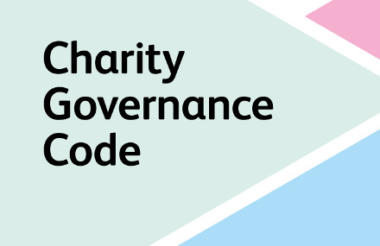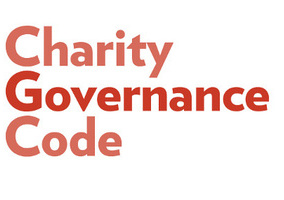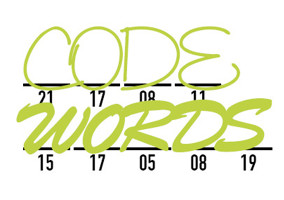A study of the annual reports of 85 charities with income above £5m has found that just under half have adopted the Charity Governance Code.
The research, by accountancy firm RSM, found that 44 per cent of the charities stated in their reports that they had aligned themselves with the code, whereas 56 per cent made no mention of it.
RSM wanted to find out what the uptake of the new code had been in its first 18 months, so it examined the reports of 85 charities and scored each one according to whether they said they had applied the code, and then, whether they had adopted it or not, how the code’s seven principles played out in their governance disclosures.
The researchers deliberately excluded charities with income below £5m, reasoning that larger charities would be better placed to adopt the code because of the greater resources at their disposal.
Of all the charities studied, the largest ones (income of £20m +) scored highest, with an average score of 57.9 per cent. The next highest scorers were the smaller ones, with £5-£10m income – they scored, on average, 44.6 per cent. The middle group scored an average of 38 per cent.
Nick Sladden, head of charities and independent schools at RSM, said this showed that “reduced income is not a barrier to the demonstration of good governance”.
Medical research and health charities were best at applying the code, closely followed by overseas aid and development organisations and those working with animals and the environment.
The study also found that those that stated they had adopted the code also demonstrated higher adherence to the principles outlined within it, by an average score of 10 per cent.
“This is a key finding,” said Sladden. “The correlation between adopting the code and the demonstration of good governance practice is pretty clear and speaks to the usefulness of the code in applying overall good governance.”
In terms of the principles outlined in the code, charities were worst at achieving diversity. “The real howler for the sector was diversity,” said Sladden. “When we looked at disclosures around diversity, particularly around trustee recruitment processes, we found that to be generally very poor.”
Other key findings were:
- Nine charities failed to report anything about their charity’s policy on executive pay
- Only one charity failed to include any mention of risk in their report
- One-fifth of the charities had trustees in post that had served for longer than the nine years recommended by the Code
- 70 per cent failed to outline a board effectiveness review process.
“I think there is a lot of wait and see out there, charities sitting back and seeing what others are doing in terms of the Code,” Sladden said, “but I was encouraged that 44 per cent were following the Code – I would have expected it to be slightly lower than that. And almost a quarter of the charities seem to be doing it pretty well.”
He said that safeguarding doesn’t get much of a mention in the code and so the steering group should revisit the code shortly to include this.
Sladden presented the findings at the ICSA Charity Governance Conference on Friday. The full results will be published on 20 March.
|
Related articles












